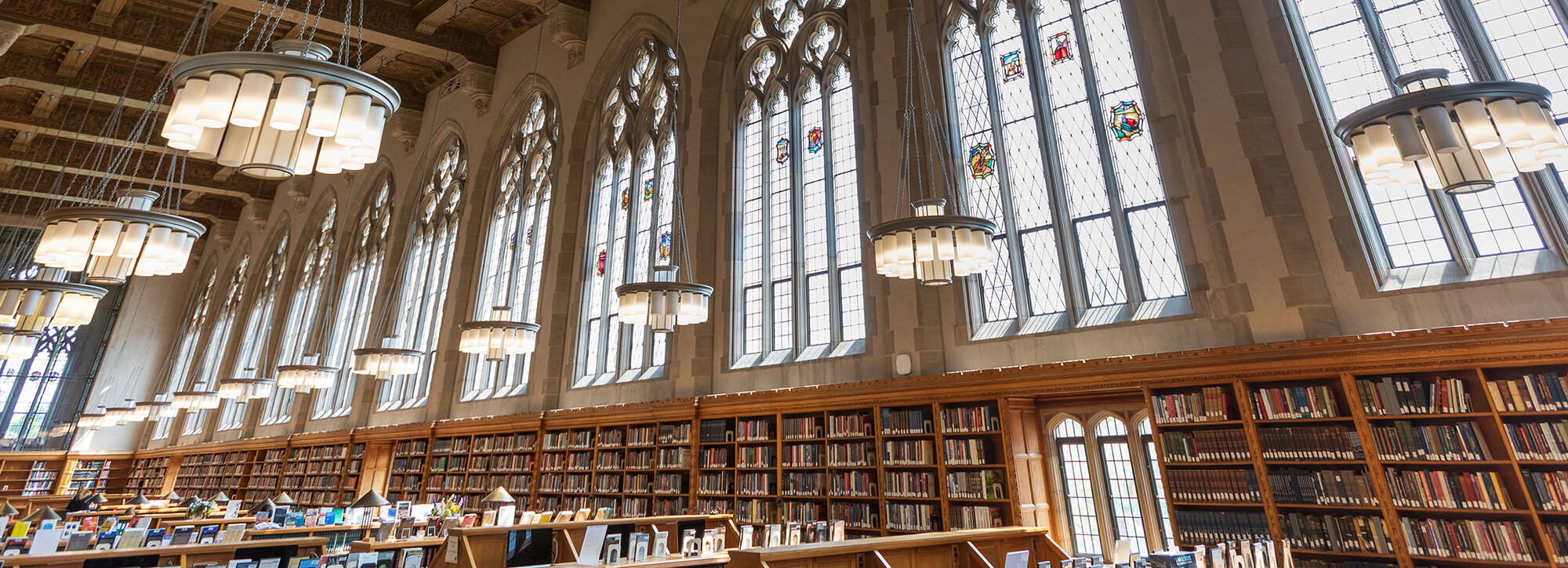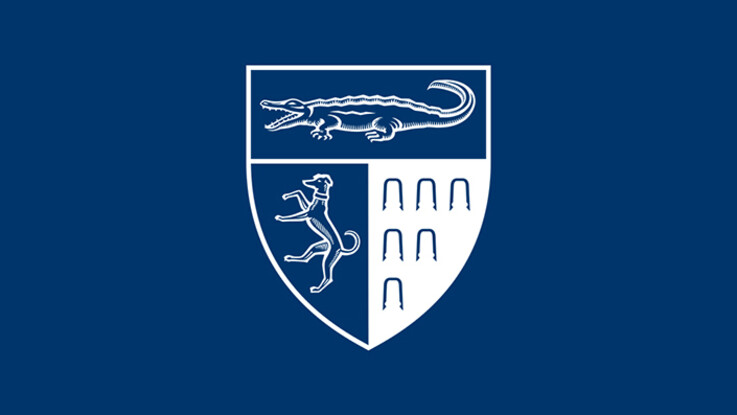Closed captioning has been provided for a number of Yale Law School’s recent videos and will be provided on an ongoing basis in the future. Please be advised that captions are made from video recordings and may be affected by the quality of the recording and contain errors and omissions. Please bring any errors to our attention by emailing publicaffairs.law@yale.edu.
The Brennan Center Jorde Symposium: David Strauss
1:30:19
David Strauss of the University of Chicago Law School presented "Polarization, Victimization, and Judicial Review" at the Brennan Center Jorde Symposium at Yale Law School on March 10, 2025.
Student View: Jarek Neczypor ’25
3:31
Service in the Navy inspired Jarek Neczypor to continue advocating for other veterans as a law student. He describes his work with the Law School’s Veterans Legal Services Clinic, and shares how Yale encourages students to “choose your own adventure” during their time in law school.
Gruber Distinguished Lecture in Global Justice: Sam Gregory
1:01:50
Sam Gregory, Executive Director of WITNESS, gave the Spring 2025 Gruber Distinguished Lecture on Global Justice titled “Fortifying Truth, Trust and Evidence in the Face of Artificial Intelligence and Emerging Technology” on March 24, 2025.
Murad Idris: “Qutb Postcolonial: Empire, Critique, and the World in the Political Thought of Sayyid Qutb, 1945-1954”
51:11
Murad Idris of the University of Michigan gave a Kamel Center lecture on Feb. 27, 2025 titled "Qutb Postcolonial: Empire, Critique, and the World in the Political Thought of Sayyid Qutb, 1945-1954."
Student View: Trinh Truong ’27
3:21
After coming to the U.S. at age 3, Trinh Q. Truong ’27 became her family’s translator and navigator. She shares how those experiences shaped her desire to become a lawyer and work on behalf of immigrants. She also discusses how the full-tuition Hurst Horizon Scholarship is helping her pursue her goals.
Mohsen Kadivar: “Shari’a, Fiqh, and the Possibility/Impossibility of Islamic Law”
1:11:49
Mohsen Kadivar of Duke University gave a Kamel Center lecture on Jan. 30, 2025 titled “Shari’a, Fiqh, and the Possibility/Impossibility of Islamic Law.”
Judge Ralph K. Winter Lecture: Robert Barro
1:01:23
Professor Robert Barro of Harvard University gave the Judge Ralph K. Winter Lecture titled “Fiscal Influences on OECD Countries, 2020-2023” on Feb. 10, 2025.
Doyle-Winter Lecture: Steven Calabresi ’83
1:01:11
Steven G. Calabresi ’83 delivered the Doyle-Winter Distinguished Visiting Professor of Law Lecture titled “The Meese Revolution: The Making of a Constitutional Moment” on Jan. 27, 2025.








